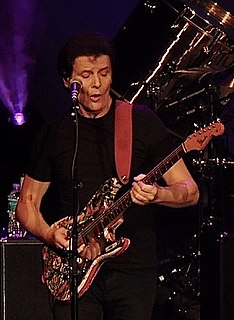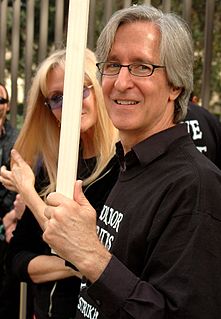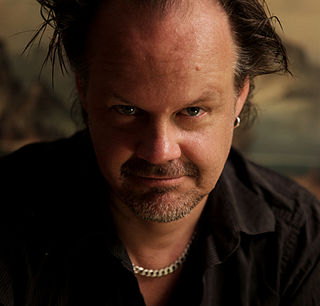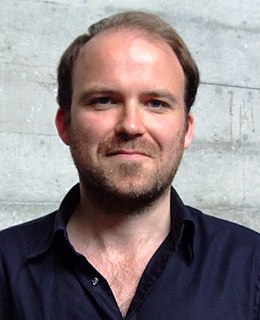A Quote by Justin Chadwick
Its amazing what you can do without in terms of filmmaking when a story is really important.
Related Quotes
Filmmaking, at the end of the day, is really - in addition to the story and all of the equipment and the actors, it's really about time management. And so the smartest filmmakers are the ones who sort of pre-visualize the film in their head and are literally shooting the shots they need to cut the story together.
Narrative, fiction filmmaking is the culmination of several art forms: theater, art history, architecture. Whereas doc filmmaking is more pure cinema, like cinema verité is film in its purest form. You're taking random images and creating meaning out of random images, telling a story, getting meaning, capturing something that's real, that's really happening, and render this celluloid sculpture of this real thing. That's what really separates the power of doc filmmaking from fiction.
It's been reinforced to me, and it's a little cliche, but I've learned that you can't make a movie that even works, much less that's good, without really good writing and really good acting. That lesson has led me to not be distracted, so much, by the other stuff going on in filmmaking and to focus on the essence of a story, and the words and the events and the way that those are interpreted by the actors. That philosophy has taken me to a place that I really like.



































